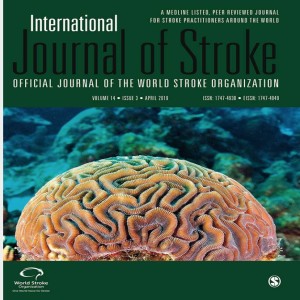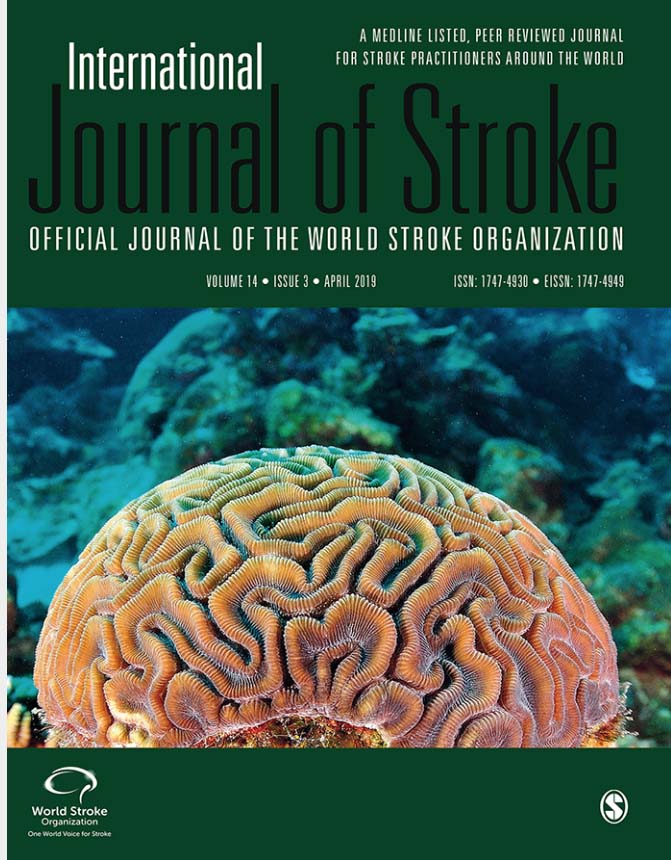Episodes

Monday Oct 28, 2019
Monday Oct 28, 2019
In 2015 discussions began among key researchers in the field of stroke rehabilitation and recovery. This resulted in the Stroke Recovery and Rehabilitation Roundtable who met in Philadelphia, in the USA and resulted in the publication of 6 papers in the International Journal of Stroke and the Neurorehabilitation and Neural Repair journals. We are now on the second round table and things are heating up significantly in the rehabilitation and recovery space. The second published SRRR series incorporates themes of cognitive impairment, knowledge translation, an exemplar of a next generation of stroke recovery treatment trials, kinematic and kinetic movement quantification.
The second Stroke Recovery and Rehabilitation Roundtable’s “metrics” task force developed consensus around the recognized need to add kinematic and kinetic movement quantification to its core recommendations for standardized measurements of sensorimotor recovery in stroke trials. Specifically, this group focused on measurement of the quality of upper limb movement. The group came to agreement on the recommended protocols for measurement which should be conceptually rigorous, reliable, valid and responsive to change. The taskforce is urging the clinical and research community to consider adopting these recommendations.
The recommended measurement protocols include four performance assays (2D planar reaching, finger individuation, grip strength and precision grip at body function level) and one functional task (3D drinking task at activity level) that address body function and activity respectively. The paper, ‘Standardized measurement of quality of upper limb movement after stroke: Consensus-based core recommendations from the Second Stroke Recovery and Rehabilitation Roundtable’ describes the criteria for assessment and makes recommendations about the type of technology that should be used for reliable and valid movement capture. Standardization of kinematic measurement protocols will allow pooling of participant data across sites, thereby increasing sample size aiding meta-analyses of published trials, more detailed exploration of recovery profiles, the generation of new research questions with testable hypotheses, and development of new treatment approaches focused on impairment.
The International Journal of Stroke is the flagship publication of the World Stroke Organization. Please do consider becoming a member and help us to fight the global burden of stroke! Vist the WSO page here!
You can find the article here!
Music Kool Kats by Kevin Mcleod


No comments yet. Be the first to say something!